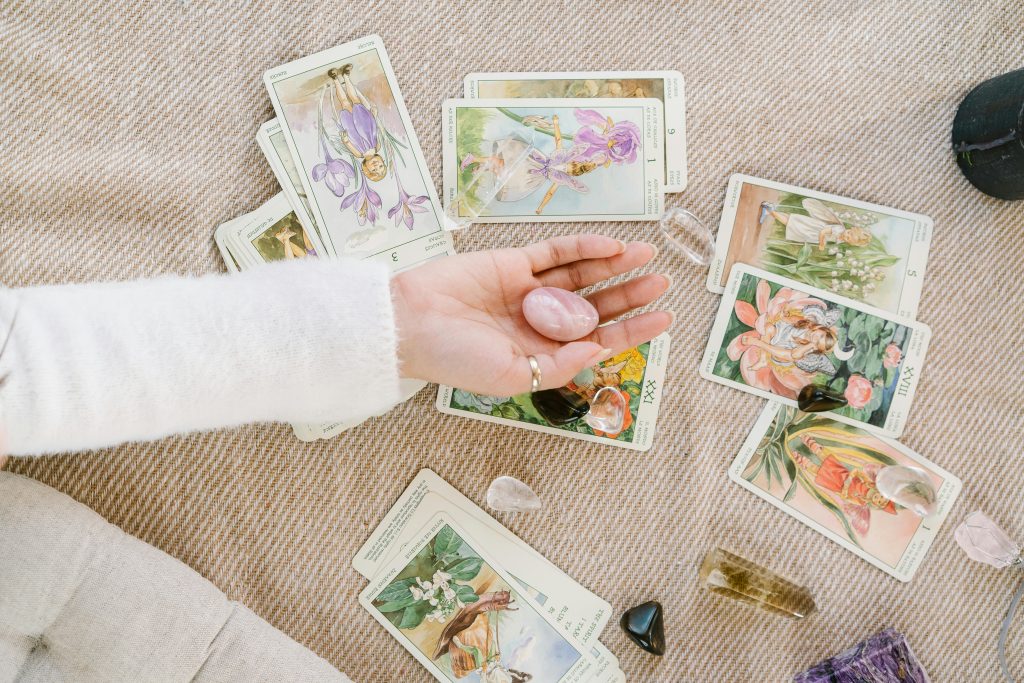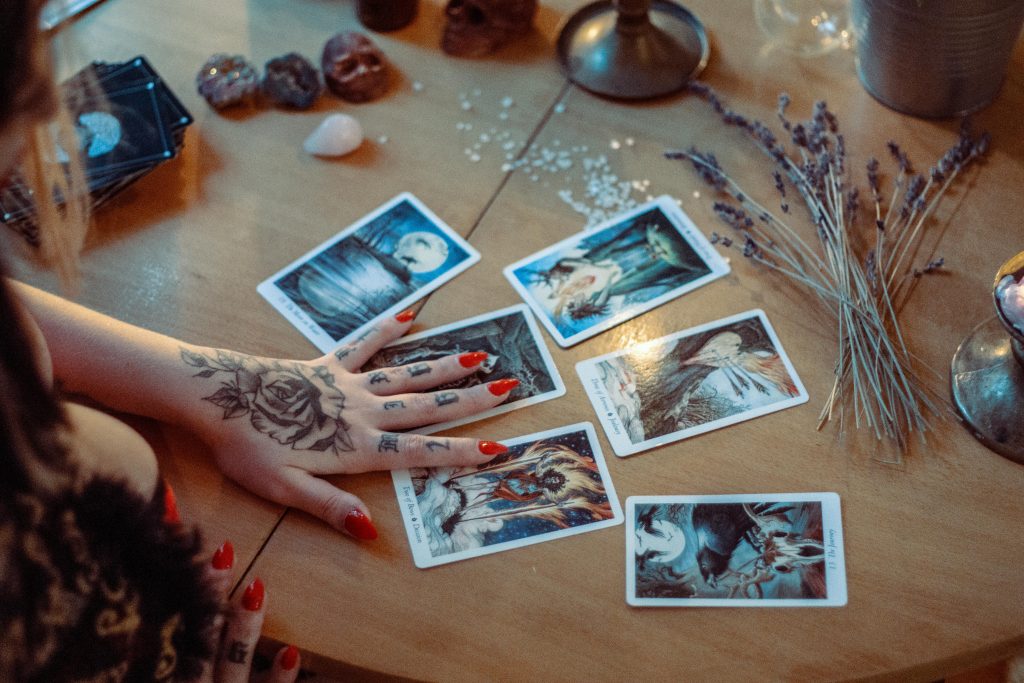Making decisions based on gut feelings, coin flips, or tarot cards might seem irrational, but these random methods can offer surprising clarity. From everyday choices to life-changing crossroads, people often find that stepping away from over-analysis leads to more authentic outcomes. Random decision-making isn’t about leaving things to chance; it’s about trusting intuition, embracing creativity, and sometimes letting go of control. Whether symbolic or spontaneous, these approaches reflect a deeper human desire to connect with instinct and uncover hidden truths in the face of uncertainty.
The Psychology Behind Gut Feelings
Gut feelings, often described as instinctive or subconscious judgments, play a significant role in random decision-making. While they may appear impulsive on the surface, these instincts are shaped by a lifetime of experiences and knowledge stored below our conscious awareness. Neuroscientists have shown that the brain processes information on multiple levels, and what we perceive as a “gut feeling” may be our brain synthesizing data faster than we can consciously comprehend. In moments of indecision, tapping into this intuitive reservoir can be surprisingly effective. For example, when someone feels inexplicably drawn to accept one job offer over another, that instinct may stem from subtle cues like tone of voice, body language, or even unarticulated personal values.
Tarot Cards and Symbolic Interpretation
Tarot cards have long been used as a tool for self-reflection and symbolic interpretation, rather than pure fortune-telling. Many people turn to tarot not for predictions, but to explore different facets of a decision or emotion. With the rise of digital platforms, trying a tarot online has become more accessible, allowing curious minds to engage with the practice from the comfort of home. A popular feature, the yes or no tarot, offers a straightforward answer to a specific question, but the real value lies in what thoughts and feelings the answer stirs. Tarot opens the door to deeper internal dialogue and intuitive clarity.
The Power of Surrender and Letting Go
Random decision-making also appeals to those who are overwhelmed by the pressure of getting it “right.” In a culture obsessed with optimization, surrendering control can feel liberating. This is where dice rolls, spinning wheels, or even asking a magic 8-ball come into play, not because they hold inherent wisdom, but because they offer a moment of freedom from the relentless drive to analyze and predict. When people allow chance to guide a decision, they shift their focus from control to trust. This act of surrender can reduce anxiety, foster mindfulness, and even cultivate resilience. Rather than fearing regret, individuals may feel more at peace knowing they allowed life to unfold on its terms.
The Coin Flip
The humble coin flip isn’t just a method to settle disputes or make trivial choices. It can serve as a psychological prompt that reveals your true desires. When you’re torn between two options and flip a coin, the moment it lands often sparks a feeling of relief or disappointment that speaks volumes. That emotional reaction, not the coin’s result, is where the real decision-making power lies. This technique forces clarity by temporarily removing the burden of choice and illuminating your hidden preferences. Many therapists and coaches even recommend this method not for the sake of randomness, but as a way to access deeper emotions and subconscious leanings.
Creativity Through Chaos
Randomness is also a powerful catalyst for creativity. Writers, artists, and innovators often turn to random prompts, shuffled playlists, or unexpected inputs to break through creative blocks. In decision-making, similar tactics can spark fresh perspectives or uncover options that were previously unconsidered. For example, someone trying to choose a vacation destination might throw darts at a map, not to go wherever the dart lands, but to widen their imagination and challenge their assumptions. These playful methods remove the constraints of rational deliberation and encourage openness to serendipity. They invite curiosity rather than correctness, making the process of choosing feel more like an adventure than a burden.
Balancing Intuition With Intention
Despite its unconventional nature, random decision-making doesn’t have to be reckless. When used mindfully, it can coexist with logic, research, and planning. The key lies in balancing intuition with intention, knowing when to let go and when to hold firm. People often turn to random methods not because they lack information, but because they’ve reached a decision deadlock. In these moments, flipping a coin or drawing a tarot card can break the loop of indecision and initiate forward motion. It’s most powerful when it follows some degree of reflection, allowing random elements to supplement, rather than replace, thoughtful consideration.

From instinctive gut reactions to the symbolic storytelling of tarot cards, random decision-making challenges the modern obsession with control and certainty. While these methods may seem illogical at first glance, they often reflect a deeper wisdom: that clarity sometimes comes not from overthinking, but from listening, whether to our inner voice, a shuffled deck, or a coin spinning through the air. In embracing randomness, we open ourselves to insight, freedom, and a surprising sense of peace. Life itself is full of unpredictability. Perhaps it’s only fitting that our decisions occasionally mirror that same beautiful chaos.

